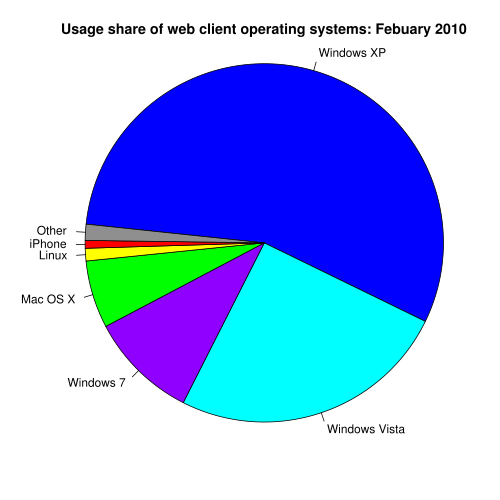This is an interesting little article about a new product from Mozilla Labs for Firefox – it allows you to grab tour personal contact data from various web services and sources, and then keep it in a repository from where you can decide exactly what to make available to OTHER web services and sites. The data is stored and indexed locally – as @timoreilly tweeted – “I like the idea of a smarter client-side address book, so my social data doesn’t end up belonging to someone else. ”
And so do I.
I have a large contact list in Outlook on my PC which definitely goes nowhere near any online web service. In a similar way, 95% of people I deal with on Facebook I deal with purely on Facebook; same with twitter and any Internet Forums I belong to. If Twitter and Facebook disappeared overnight, I’d lose access to quite a few contacts I have in those two ‘depositories’ of data, but some folks on there that I would DEFINITELY miss in the event of Social Networking meltdown I’ve got alternative means of contact for – usually e-mail addresses, occasionally phone numbers. As for e-mail, I tend to use good old fashioned ‘Mail Client’ software – Outlook again, I’m afraid! – and rarely use web mail.
I guess the bottom line is that I don’t really trust any server outside of my direct control when it comes to storing my personal data. I wouldn’t feel 100% safe with having all of my contacts lists on the servers of someone like Microsoft or Google for a couple of reasons:
- Your access to your contacts is gone if they have connectivity issues or a server goes.
- Your contacts are open to exploitation from hackers / spammers.
- Your contacts contribute to the ‘database of intentions’ – if your contacts have accounts with people like Google or Amazon using the email address in your list, it’s potentially possible for their interests to be used to target ‘social advertising’ at you when you use your email address to access a site.
This is without starting to worry about the issues surrounding storing my content on other people’s servers. No, I’m much happier to keep my central list of contacts on my PC. I can back it up, it’s always there when I have access to my PC, if I want to put it on another machine it’s just a case of copying it over.
The Mozilla application looks useful in terms of getting backups of such data – which is great – but I’m still going to be terribly inefficient and keep my contacts where I know what’s happening to ’em!









